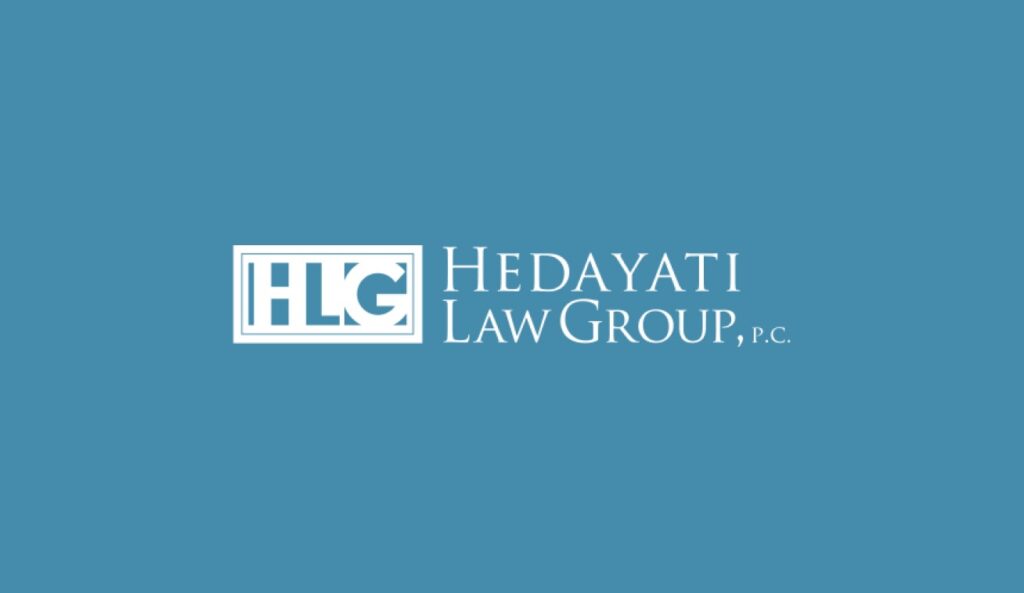Social Media Mistakes in Personal Injury Cases

How Social Media Can Harm Your Personal Injury Case
In today’s digital age, social media plays a central role in daily life. People use platforms like Facebook, Instagram, Twitter, and TikTok to share photos, updates, and connect with others. However, if you’re involved in a personal injury case, your online activity can seriously affect your claim. Insurance companies and defense attorneys often examine social media accounts to find evidence that may reduce or deny your compensation. This blog discusses how social media can hurt your personal injury case and provides practical advice on maintaining a low online profile during the claims process.
Why Social Media Matters in Personal Injury Cases
Insurance companies and defense attorneys actively search for ways to minimize payouts. Social media offers a goldmine of information that they can twist and use against you. Even innocent posts, photos, or comments can raise doubts about the severity of your injuries or the legitimacy of your claim.
For example:
- Photos of Activities: A picture of you smiling at a family gathering or engaging in light activities could be used to argue that your injuries are not as debilitating as claimed.
- Check-Ins or Location Tags: Posting about being at a gym, park, or social event might suggest that you are more physically capable than you have reported.
- Comments or Status Updates: Statements like “I’m feeling better today” could be interpreted as evidence that your recovery is progressing faster than stated.
- Posts From Others: Even if you are cautious about your own posts, friends or family members tagging you in photos or comments can inadvertently harm your case.
Common Ways Social Media Can Be Used Against You
- Contradicting Claims: If your social media posts contradict statements made in your claim or medical records, the opposing party may use them to question your credibility.
- Minimizing Injuries: Posts showing you participating in physical activities can be used to argue that your injuries are exaggerated or fabricated.
- Timeline Issues: If your social media activity suggests that you delayed treatment or were not as affected by the accident as claimed, it can harm your case.
- Emotional Distress Claims: Posts that depict you as happy or stress-free may undermine claims for emotional distress or pain and suffering.
Practical Advice for Protecting Your Case
Avoid Posting About the Accident or Injuries
Refrain from discussing the accident, your injuries, or the ongoing legal process on social media. Even vague statements can easily be taken out of context and used against you. For example, posting something like “Finally feeling like myself again” could be seen as an admission that your injuries no longer affect you.
Adjust Privacy Settings
Set your social media accounts to private to limit who can view your posts. However, remember that privacy settings aren’t foolproof. Opposing parties can still access your content through subpoenas or mutual connections.
Be Mindful of Photos and Videos
Avoid posting photos or videos that might suggest physical ability or a lack of injury. For example, a video of you playing with your kids or attending a party could hurt your case, even if the activity was brief or caused you pain afterward.
Avoid Tagging and Check-Ins
Turn off location tagging and avoid checking in to places that could imply physical activity or leisure. Also, ask friends and family not to tag you in posts or photos during the claims process.
Limit Interactions With Others’ Posts
Be careful about liking, commenting on, or sharing posts that might indirectly impact your case. For instance, liking a post about a hiking trip could raise questions about your physical limitations.
Monitor What Others Post About You
Politely ask friends and family to avoid posting photos, videos, or comments about you until your case is resolved. Explain that even well-meaning posts could inadvertently harm your claim.
Pause Social Media Activity
The safest approach is to temporarily deactivate your accounts during the claims process. This ensures that no new content can be used against you.
How Attorneys Use Social Media in Personal Injury Cases
Defense attorneys and insurance adjusters are increasingly relying on social media to gather evidence. Here’s how they may use your online activity:
- Monitoring Accounts: They may regularly check your profiles for new posts, photos, or interactions.
- Requesting Access: In some cases, they may request access to private accounts through subpoenas.
- Analyzing Metadata: Photos and videos often contain metadata, such as timestamps and locations, which can provide additional context.
- Building a Narrative: Even unrelated posts can be pieced together to create a narrative that undermines your claim.
The Legal Implications of Social Media Evidence
While social media content can be used as evidence, there are legal limits to how it can be obtained and used. For example:
- Privacy Laws: Attorneys cannot hack into private accounts or coerce you into providing passwords.
- Admissibility: Courts may rule that certain social media evidence is irrelevant or overly prejudicial.
Real-Life Examples of Social Media Impacting Cases
- Exaggerated Injury Claims: In one case, a plaintiff claimed to have severe mobility issues but posted photos of themselves skiing during the claims process. The defense used these photos to discredit the claim, resulting in a reduced settlement.
- Contradictory Statements: A plaintiff posted a status update about feeling better just days after reporting significant pain in court. The post was used to challenge the credibility of their testimony.
- Friends’ Posts: In another case, a friend’s post tagging the plaintiff at a dance event was used to argue that their injuries were not as debilitating as claimed.
The Role of Your Attorney
Conclusion
Social media can be a double-edged sword during a personal injury case. While it’s a valuable tool for staying connected, it can also provide ammunition for insurance companies and defense attorneys. By maintaining a low online profile, adjusting privacy settings, and being mindful of what you post, you can protect your claim and focus on your recovery.
At the Hedayati Law Group, P.C., we are dedicated to guiding our clients through every aspect of the personal injury claims process. ted.

